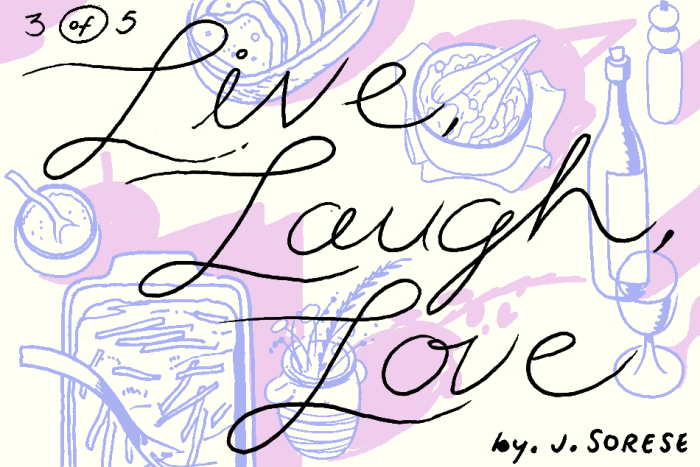It is after midnight. I am walking alone. A car full of men drive past and shout something incoherent at me. But I understand. The content is in the rhythm of their voices: booming, violent. I look up. The car is waiting for me at the corner. I’m torn between a desire to refuse to be intimidated and the instinct to turn around and find another way home. I notice a man on the other side of the street. He is dressed in black, the glare from his phone lighting up his face in the dark. For a moment I feel safer knowing he is there, but the feeling disintegrates. I continue walking. The car follows me around the corner; one of the men leans out of the window, says slowly and with a grin, “Can I get out and come and talk to you?”
In his essay, “Seen From the Window,” Henri Lefebvre writes that one must attune oneself to the rhythms of the city. He states that the male walker “needs equally attentive eyes and ears, a head, a memory, a heart” to capture them. The male walker’s corporeal and psychological sensitivity to urban rhythm is something that must be activated. For women, this intersection is instinctual. She is alone in a world that is not hers. Its rhythms are designed to push her out and she feels this echoed in the rhythms of her body: the heavy pounding of her heart as she walks; the speeding percussion of feet when faced with danger. She understands rhythms that are invisible to the man on the pavement. On this night, the rhythms of fear cannot be felt by the man walking on the other side of the street.
In “Spatial Practices,” De Certeau states that the walker, as he is walking, writes the city. He discusses the city as text, the walker as author.
I am not the author De Certeau is describing: as a woman, I am forced to be a reader.

Is there safety in anger? Is it unanticipated, frightening, off-putting? I don’t know, but I’m walking furiously down the street to my flat. I wait for the car to follow me, but it drives on. Why is every woman getting home safely a relief and a victory?
In Sarah Schulman’s People In Trouble, a novel of women navigating city space, her protagonist Molly describes how her bicycle tires are slashed every day, but she keeps replacing them. She says, “I could not accept that my home was a place where a person could not park their bicycle.” A few days later, on the same street, I saw the same car full of men. I kept walking.






